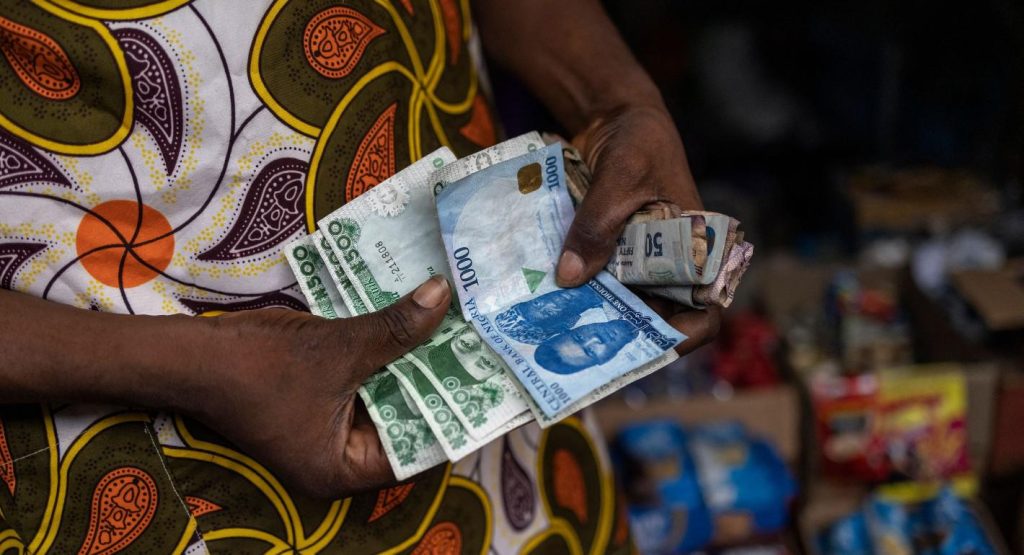
Nigeria has recorded the largest global decline in cash transactions over the past decade, surpassing six other cash-reliant economies, thanks to the rapid adoption of digital payments and growing fintech partnerships, according to a new report by global payment processor Worldpay.
Between 2014 and 2024, cash usage in Nigeria fell by 59%, marking the steepest drop among the seven major economies analyzed. The Philippines followed with a 43% decline, while Indonesia (44%), Mexico (41%), Japan (31%), Germany (24%), and Colombia (22%) also saw reductions in cash transactions.
The shift is fueled by a surge in electronic payments, driven by increased collaboration between banks and fintech firms. The report, which examined 40 markets representing 88% of global GDP, predicts that cash usage in Nigeria will drop further to 32% by 2030 as digital adoption accelerates.
A major turning point came in 2023 when Nigeria’s Central Bank introduced the naira redesign policy to curb cash hoarding and money laundering. However, the move triggered severe cash shortages, leading to a 29.2% drop in currency circulation to ₦982.1 billion by February 2023—the lowest level since 2008.
As traditional banks struggled to cope with a surge in online transactions, fintech firms such as OPay and PalmPay stepped in to offer seamless money transfer and bill payment solutions, emerging as key beneficiaries of the shift toward cashless transactions.
“Nigerians now have an increasing appetite for non-cash transactions,” said Uchenna Uzo, a professor of marketing at Lagos Business School.
Data from the Nigeria Inter-Bank Settlement System (NIBSS) shows that the volume of electronic transactions skyrocketed by 1,514.2% between 2018 and 2024, rising from 793 million to 11.3 billion transactions.
While Nigeria remains a predominantly cash-based economy, the Worldpay report highlights that cash transactions have dropped from 91% in 2019 to less than half that figure today, with mobile devices playing a crucial role in the transformation.
Financial inclusion has also improved, with data from Enhancing Financial Innovation & Access (EFInA) showing an increase from 56% in 2020 to 64% in 2023. The Central Bank of Nigeria projects that the rate will reach 80% by 2026.
“These innovations are streamlining payment processes, reducing cash dependency, and improving overall financial efficiency in Nigeria,” analysts at Euromonitor International stated in a recent report.
With fintech partnerships and technological advancements driving financial inclusion, Nigeria is fast cementing its status as Africa’s digital finance leader. If this trajectory continues, the country won’t just lead the continent—it will set the standard for the future of money in Africa.








